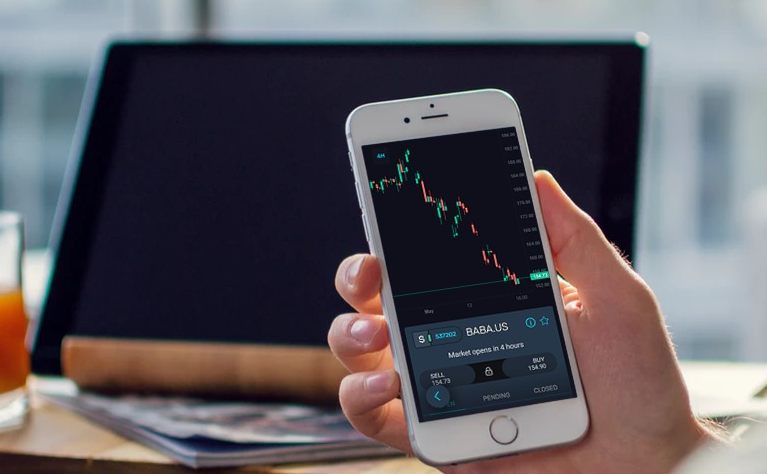Alibaba plans to raise about $20 billion via a Hong Kong listing, according to Bloomberg, another blockbuster deal after its $25 billion New York floating in 2014. The deal is expected to give the company adequate fund for technology investment, which will further strengthen the economic growth of China.
[button link=”https://app.basitfx.com/login” size=”medium” target=”new” text_color=”#eeeeee” color=”#df4444″]SELL Alibaba[/button] [button link=”https://app.basitfx.com/login” size=”medium” target=”new” text_color=”#eeeeee” color=”#3cc195″]BUY Alibaba[/button]
Alibaba is liaising with financial advisers on this plan to file an application in Hong Kong by the second half of 2019. However, this plan is yet to be made public. Many are, however, downplaying the link between this current deal and the trade war ongoing between the United States and China.
SMIC, the Chinese chipmaker, also made public last week its plan to list its New York shares and focus on its Hong Kong listing.
Alibaba in-house sources on the subject matter, however, cautioned that the final planned size and other details are yet to be made public. On the flipside, some insiders believe that the size may be between $10 billion and $15 billion. After completion, the deal will become the sixth-largest follow-on share ever.
When queried about this, a representative of Alibaba declined to comment. Also, Alibaba’s largest investor, Soft Bank Group with, 28.8% share equally refused to respond. It must also be recalled that Masayoshi Son, the founder of SoftBank, is Jack Ma’s close friend. The report regarding this Hong Kong listing first reached the public through Bloomberg.
Added liquidity
Alibaba is currently valued at $400 billion following its US listing. A Hong Kong listing will bring investment opportunity closer to mainland investors, as well as, increase the company’s liquidity and its value, provided Hong Kong investors favor it. Furthermore, the listing will make loans from Asian banks more accessible to Alibaba. “It means closer access to Chinese investors, and maybe Chinese investors are more bullish than the global investors in Alibaba,”
Refinitiv data has it that Tencent, Alibaba’s rival is trading 26 times as against the latter’s 22 times.
Alibaba plans to expand into Hema, cloud computing, and some other sectors. The additional funding will make more capital available for these investments, according to Hallux capital.
Homecoming
Hong Kong will see the listing as a victory following the unacceptable governance structure at Alibaba that earlier made the city lose Alibaba to New York. Hong Kong has now amended its rules, which makes it possible for “innovative companies” listed in New York or London to have a place in Hong Kong. Thanks to the new amendment, companies that are based in greater China can now list in Hong Kong despite their current weighted voting rights structure contravening the rules for primary listings in Hong Kong.
Alibaba daily trading stands at $2.2 billion per day on average in the first quarter of 2019, according to Refinitiv, while the total daily turnover in the Hong Kong Stock Exchange is $12.9 billion in that same period. An HKEX spokesman, however, refused to make any comment on the Alibaba Hong Kong listing plan.

